The cocoa industry, a vital part of the global economy, is increasingly under scrutiny for its environmental and social impact. As consumer awareness of ethical and sustainable practices grows, so does the demand for responsibly sourced cocoa. This shift is not merely a trend; it represents a fundamental change in how cocoa is produced, traded, and consumed. In this blog, we will talk about the growing importance of ethical and sustainable cocoa practices, highlighting the challenges, opportunities, and progress made in this crucial area.
Understanding Ethical Sourcing and Sustainability in Cocoa
Ethical sourcing in the cocoa industry involves ensuring that the production process respects human rights, provides fair wages, and promotes safe working conditions for farmers and workers. Sustainability, on the other hand, focuses on environmental stewardship, aiming to reduce the ecological footprint of cocoa farming while ensuring the long-term viability of the industry.
The Shift Towards Ethical and Sustainable Cocoa
The growing importance of ethical and sustainable cocoa practices is evident in the increasing number of companies committing to these values. Major chocolate manufacturers, including Mars, Nestlé, and Mondelez, have set ambitious targets to source 100% of their cocoa from certified sustainable sources by 2025. These companies have recognized that sustainable practices are not only good for the environment and society but also beneficial for business, as they help build consumer trust and brand loyalty.
- Certification Programs: Ensuring Accountability
Certification programs such as Fairtrade, Rainforest Alliance, and UTZ have become central to promoting ethical and sustainable cocoa production. These certifications set standards for labor conditions, environmental practices, and fair trade, providing assurance to consumers that the products they purchase meet specific ethical criteria.
According to the Fairtrade Foundation, in 2021, sales of Fairtrade-certified cocoa reached 182,000 metric tons, a 30% increase from 2015. This growth reflects the rising consumer demand for ethically sourced products. However, while certification is a step in the right direction, it is not a panacea. Critics argue that certification alone cannot address all the systemic issues in the cocoa industry, such as poverty and climate change, and that more comprehensive solutions are needed.
- Impact on Farmers’ Livelihoods
One of the most significant aspects of ethical cocoa sourcing is its potential to improve the livelihoods of cocoa farmers. Many cocoa farmers, particularly in West Africa, live below the poverty line, earning less than $1 per day. Ethical sourcing initiatives aim to address this by ensuring that farmers receive a fair price for their cocoa, which can help lift them out of poverty.
The introduction of the Living Income Differential (LID) by Côte d’Ivoire and Ghana in 2020 is a notable example of this effort. The LID adds a $400 premium per ton of cocoa, which is intended to increase the income of cocoa farmers. Since its implementation, the LID has been hailed as a significant step towards improving the economic stability of farmers, although challenges remain in ensuring that the benefits reach the intended recipients.
- Reducing Environmental Impact
Cocoa farming is closely linked to environmental concerns, particularly deforestation. In West Africa, cocoa cultivation has been a leading cause of deforestation, with more than 90% of the original forest cover in Côte d’Ivoire already lost. Sustainable cocoa practices aim to mitigate this impact by promoting agroforestry, responsible land use, and biodiversity conservation.
Agroforestry, which involves integrating cocoa cultivation with other crops and trees, is gaining traction as a sustainable farming practice. According to a 2021 study by the World Agroforestry Centre, agroforestry can increase cocoa yields by up to 30% while also enhancing soil health, reducing the need for chemical inputs, and providing additional income streams for farmers. This practice not only supports environmental sustainability but also contributes to the resilience of cocoa farming communities against climate change.
Challenges in Implementing Ethical and Sustainable Practices
While progress has been made, the cocoa industry faces several challenges in implementing ethical and sustainable practices. One of the primary obstacles is the complex and fragmented nature of the cocoa supply chain. Cocoa beans pass through multiple intermediaries before reaching the final product, making it difficult to trace the origins of the cocoa and ensure compliance with ethical standards.
- Supply Chain Transparency
Transparency in the cocoa supply chain is crucial for ensuring that ethical and sustainable practices are followed. However, the supply chain is often opaque, with many smallholder farmers selling their cocoa to local traders, who then sell to larger buyers. This lack of transparency makes it challenging to verify whether the cocoa was produced under fair labor conditions or in an environmentally sustainable manner.
Blockchain technology is emerging as a potential solution to this problem. By providing a decentralized and tamper-proof record of transactions, blockchain can help trace the journey of cocoa beans from farm to consumer. In 2021, companies like Tony’s Chocolonely and Barry Callebaut began piloting blockchain systems to enhance transparency and accountability in their cocoa supply chains.
- Economic Pressures
Cocoa farmers often face significant economic pressures that can make it difficult to adopt sustainable practices. The volatile nature of cocoa prices, driven by global market forces, can lead to financial instability for farmers, forcing them to prioritize short-term survival over long-term sustainability.
According to the International Cocoa Organization (ICCO), global cocoa prices have fluctuated between $2,000 and $3,500 per metric ton over the past decade. This volatility, coupled with the low income of farmers, creates a challenging environment for the adoption of sustainable practices. Addressing these economic pressures requires a multi-faceted approach, including financial support, access to credit, and market incentives for sustainable cocoa.
The Role of Consumers in Driving Change
Consumers play a crucial role in driving the shift towards ethical and sustainable cocoa. As awareness of the issues in the cocoa industry grows, consumers are increasingly seeking out products that align with their values. This shift in consumer behavior is creating a market incentive for companies to adopt more responsible sourcing practices.
- The Power of Consumer Choice
The rise of ethical consumerism has led to a growing market for certified cocoa products. In 2020, the global market for organic chocolate was valued at $1.2 billion and is expected to grow at a CAGR of 8.1% from 2021 to 2028. This growth reflects the increasing demand for products that are not only delicious but also ethically produced.
By choosing certified cocoa products, consumers can support farmers who adhere to ethical and sustainable practices. This, in turn, creates a positive feedback loop, encouraging more farmers and companies to adopt these practices.
- Education and Advocacy
Educating consumers about the realities of cocoa production is essential for sustaining the momentum towards ethical sourcing. Advocacy groups, NGOs, and media outlets play a vital role in raising awareness about the issues in the cocoa industry and promoting responsible consumption.
Campaigns like Fairtrade’s “Choose the World You Want” aim to empower consumers to make informed choices that support ethical cocoa production. By highlighting the impact of their purchasing decisions, these campaigns encourage consumers to use their buying power to drive positive change in the industry.
The growing importance of ethical and sustainable cocoa practices reflects a broader shift towards responsibility and transparency in the global food industry. While challenges remain, the progress made in recent years is encouraging. By working together, farmers, companies, governments, and consumers can create a cocoa industry that not only meets the demands of the market but also contributes to a more just and sustainable world.
As the industry continues to evolve, it is clear that ethical sourcing and sustainability are not just optional add-ons but essential components of a successful and resilient cocoa sector. The future of cocoa depends on the collective efforts of all stakeholders to promote practices that protect people, the planet, and the profitability of this vital industry.
+971522501039

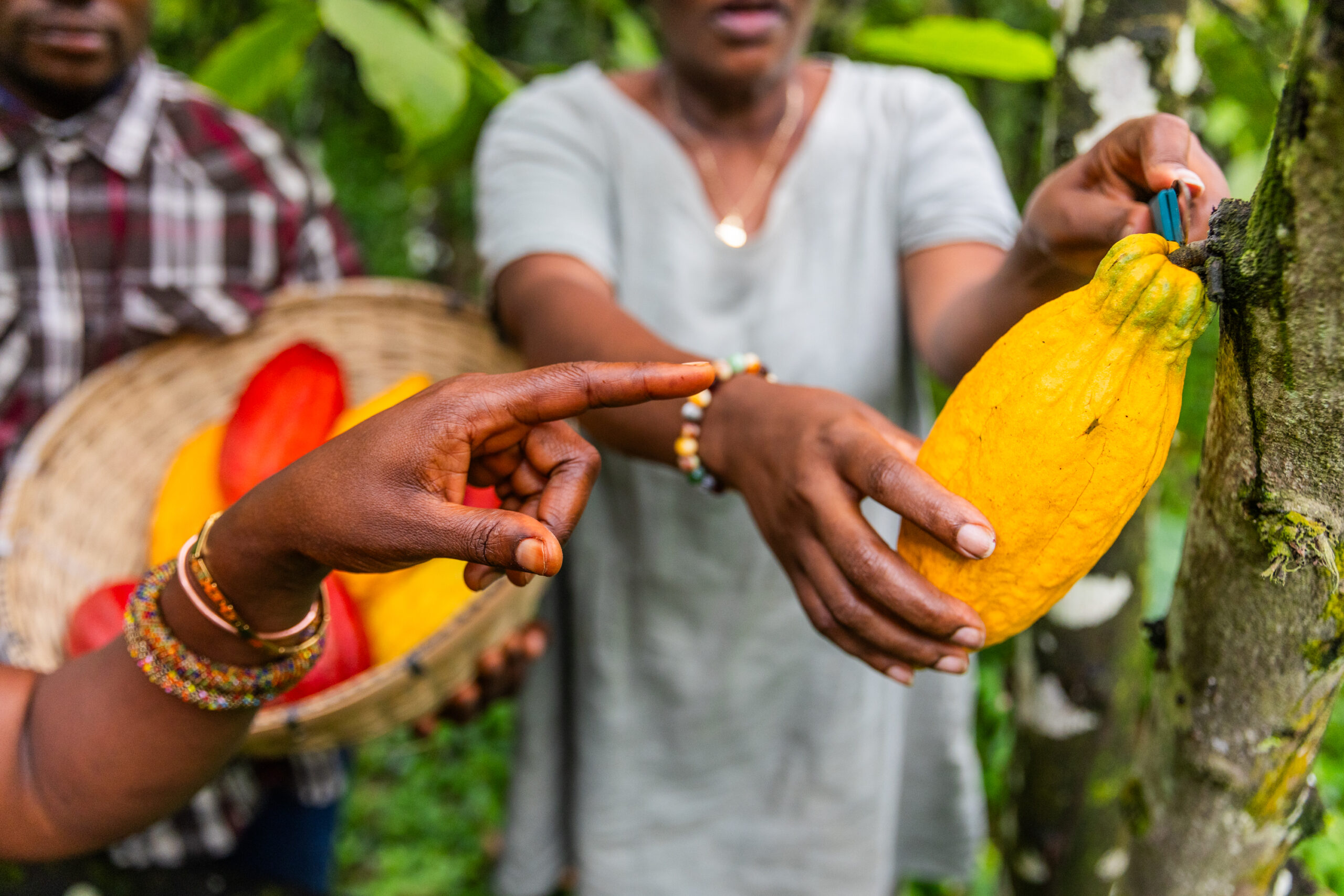
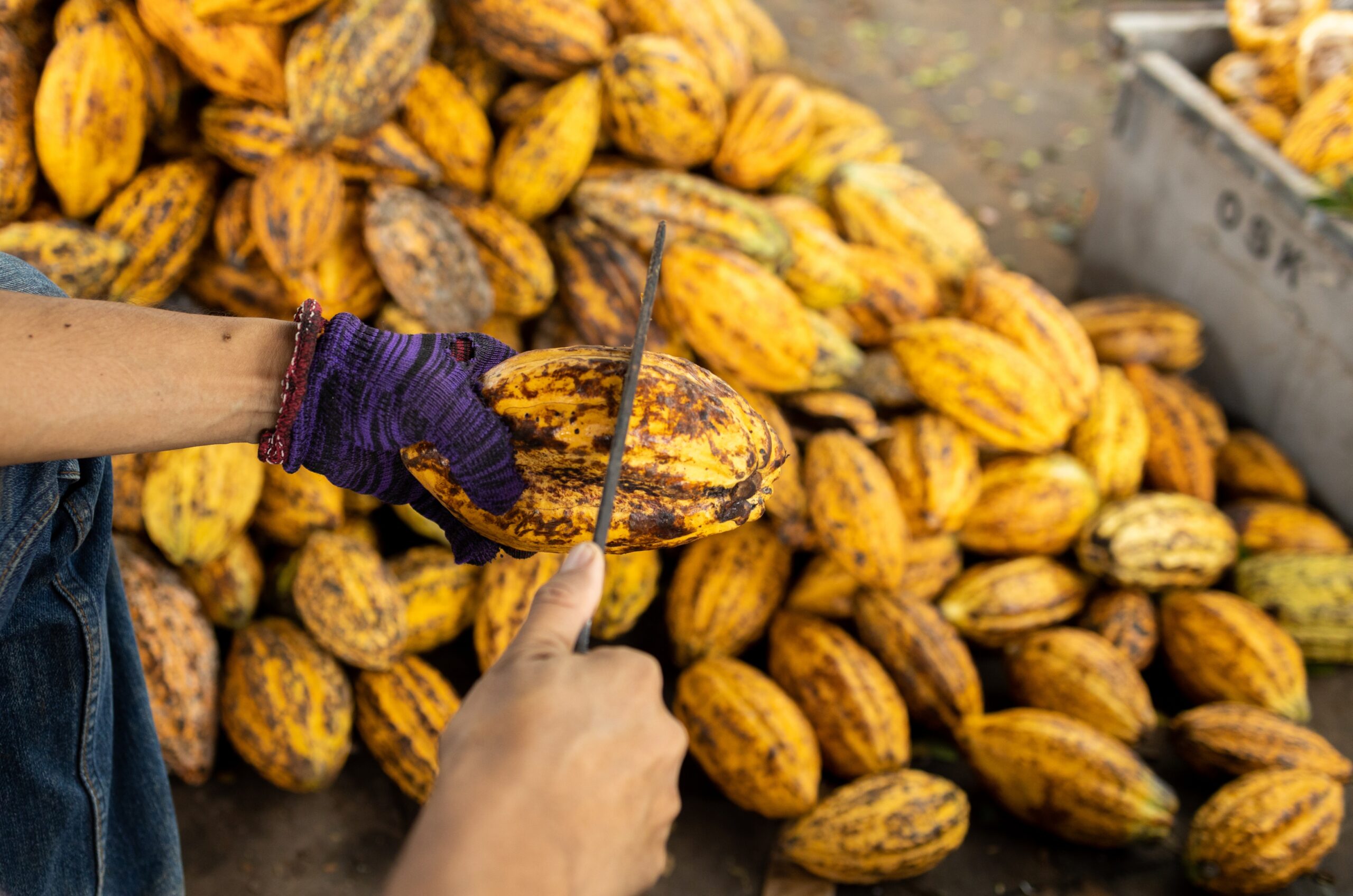
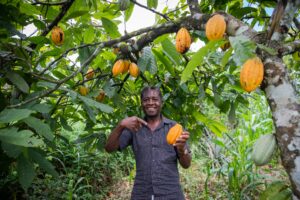


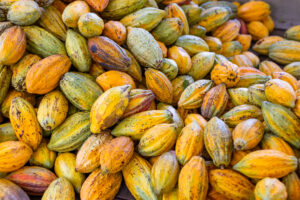
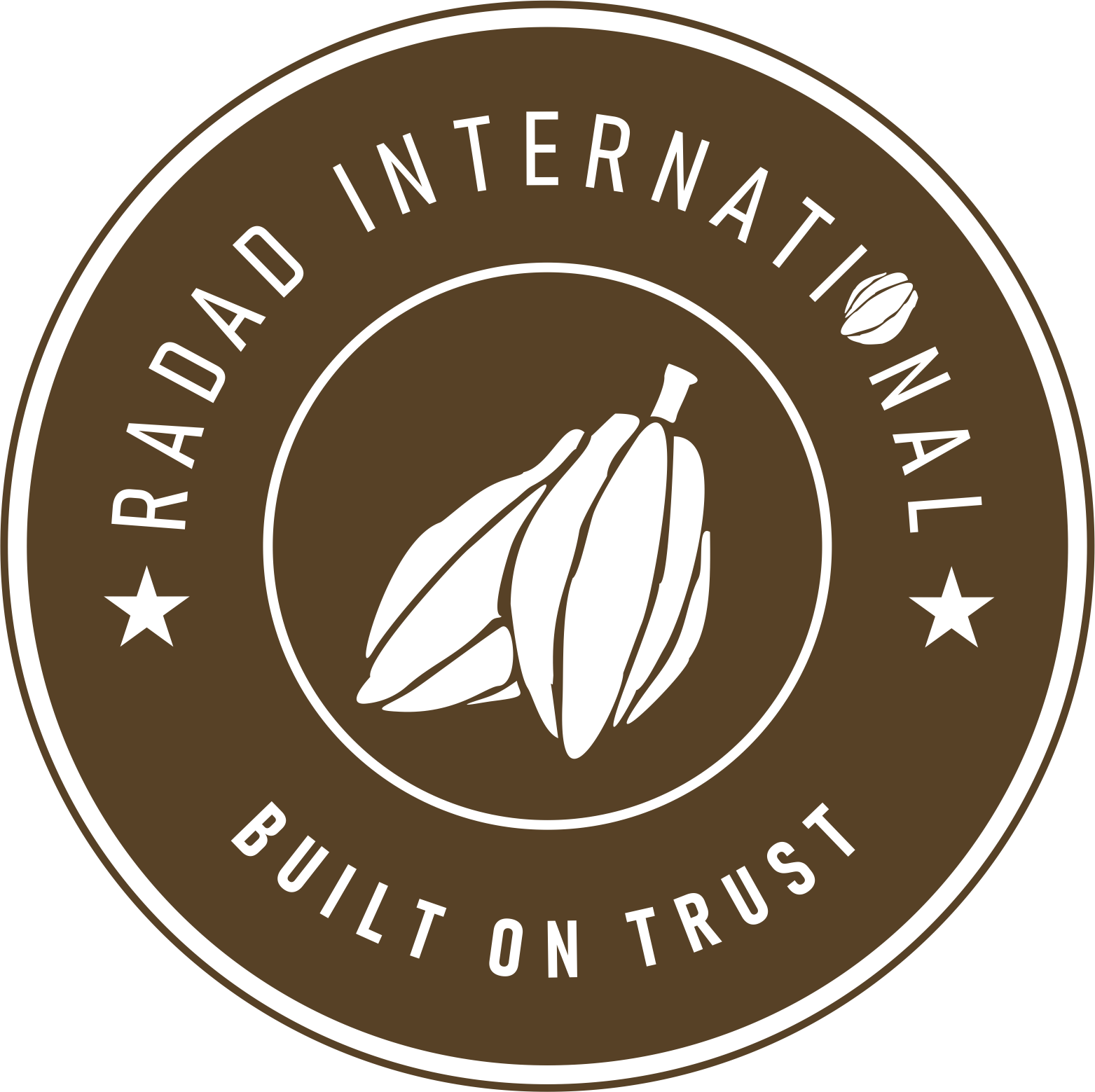
One Response
What you’ve written here speaks not just to the mind, but to the heart as well.